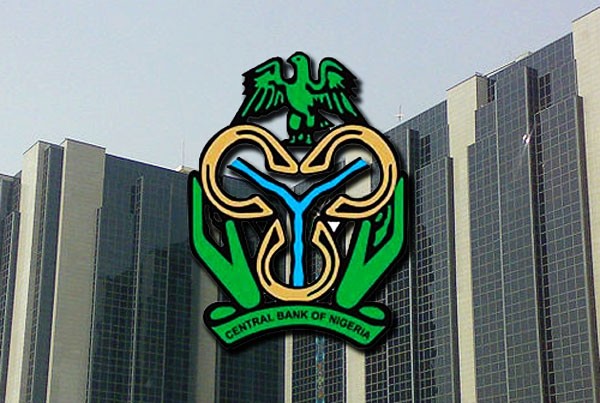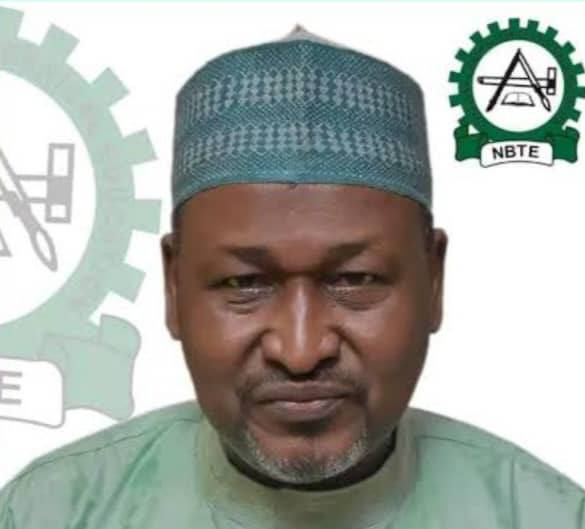The Central Bank of Nigeria (CBN) has unexpectedly raised its benchmark lending rate by 50 basis points to 27.25% on Tuesday in a unanimous decision to tame persistent inflationary pressures.
The move wrongfooted analysts who had expected rates to stay on hold and indicates the bank is prioritizing inflation control over economic growth amid the worst cost-of-living crisis in a generation.
It is the fifth rate hike this year, after increases of 50 basis points (bps) in July, 150 bps in May, 200 bps in March and 400 bps in February which was its largest in around 17 years.
Analysts had expected no rate change after inflation fell for a second consecutive month in August and the naira currency held steady – almost converging on the official and parallel markets – after the bank resumed regular dollar sales to dealers to support the currency.
CBN Governor Olayemi Cardoso said the multiple rate hikes so far this year had helped moderate inflation, but pressures lingered.
READ ALSO:
Soltab College Student Shines In Commonwealth Essay Contest
Why Tinubu Should Hike Nigeria’s Stake In Dangote Refinery From 7% To 45% – PENGASSAN
Yahaya Bello: Kogi Assembly Wants EFCC Chair Removed, Prosecuted
‘Relocate Now,’ Nigerians In Floodprone Cities Get Last Warning
10As/10: Platforms College Students Excel In BECE 2024
“The MPC noted that even though headline inflation trended downwards due to a moderation in food inflation, core inflation has remained elevated, driven primarily by rising energy prices,” Cardoso said.
“The uptrend poses severe concerns to members, as it clearly indicates the persistence of inflationary pressures.”
Inflation fell to 32.15% in annual terms in August but the slowdown could be short-lived after two petrol prices increases this month that have roiled citizens struggling with the worst cost-of-living crisis in a generation.
Despite the consistent tightening resolve of the central bank, the effort starts to look very piecemeal in hindsight, when core inflation is still rising and the policy rate is still negative,” said Razia Khan, managing director and chief economist for Africa and Middle East at Standard Chartered.
Price pressures have been spurred by the government slashing petrol and electricity subsidies and twice devaluing the naira since President Bola Tinubu took over last year.





